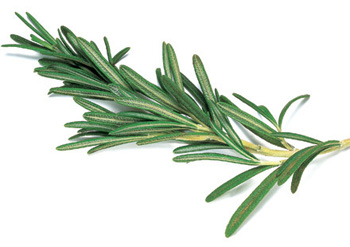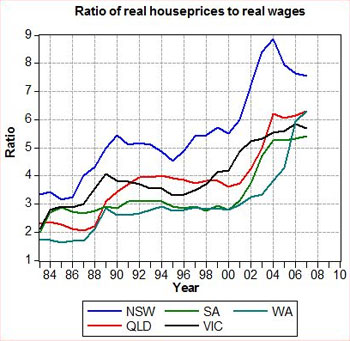
Where the fuck do I start? For me, Anzac Day is a tangled mess of emotions and ideas — some about grand themes of global and national politics, others deeply personal.
What pleases me most about Anzac Day is that Australia and New Zealand commemorate the sacrifice of their war dead not through parades of tanks and missiles and a glorification of war but with highly personal ceremonies of remembrance starting before dawn.
We talk not of our nation’s military prowess — though Australia is, by all accounts, capable of fielding professional military forces which make almost everybody else look like disorganised amateurs — but of the personal qualities which have made this nation great.
Those qualities were listed in an Army recruitment advertisement designed by a soldier. They were reiterated this morning by Major General Mark Kelly:
Regardless of religion, racial background, or even place of birth, we gather not to glorify war, but to remind ourselves that we value who we are and the freedoms we possess, and to acknowledge the courage and sacrifice of those who contributed so much in shaping the identity of this proud nation…
The term Anzac has transcended the physical meaning to become a spirit, an inspiration which embodies the qualities of courage, discipline, sacrifice, self reliance, and in Australian terms, mateship, and a fair go. This is what Anzac means to me.
These are the qualities which once gave Australia such a fine reputation overseas — before our foreign policy became one of subservience to American Neocons, and before symbols of military might were perverted into supporting a never-ending War on Abstract Nouns. Before quiet patriotism turned into loud but ignorant flag-draped jingoism. John Birmingham wrote about this in his Quarterly Essay, A Time for War: Australia as a Military Power. But what does it all mean now under Chairman Rudd?
Continue reading “Anzac Day Rememberings”
